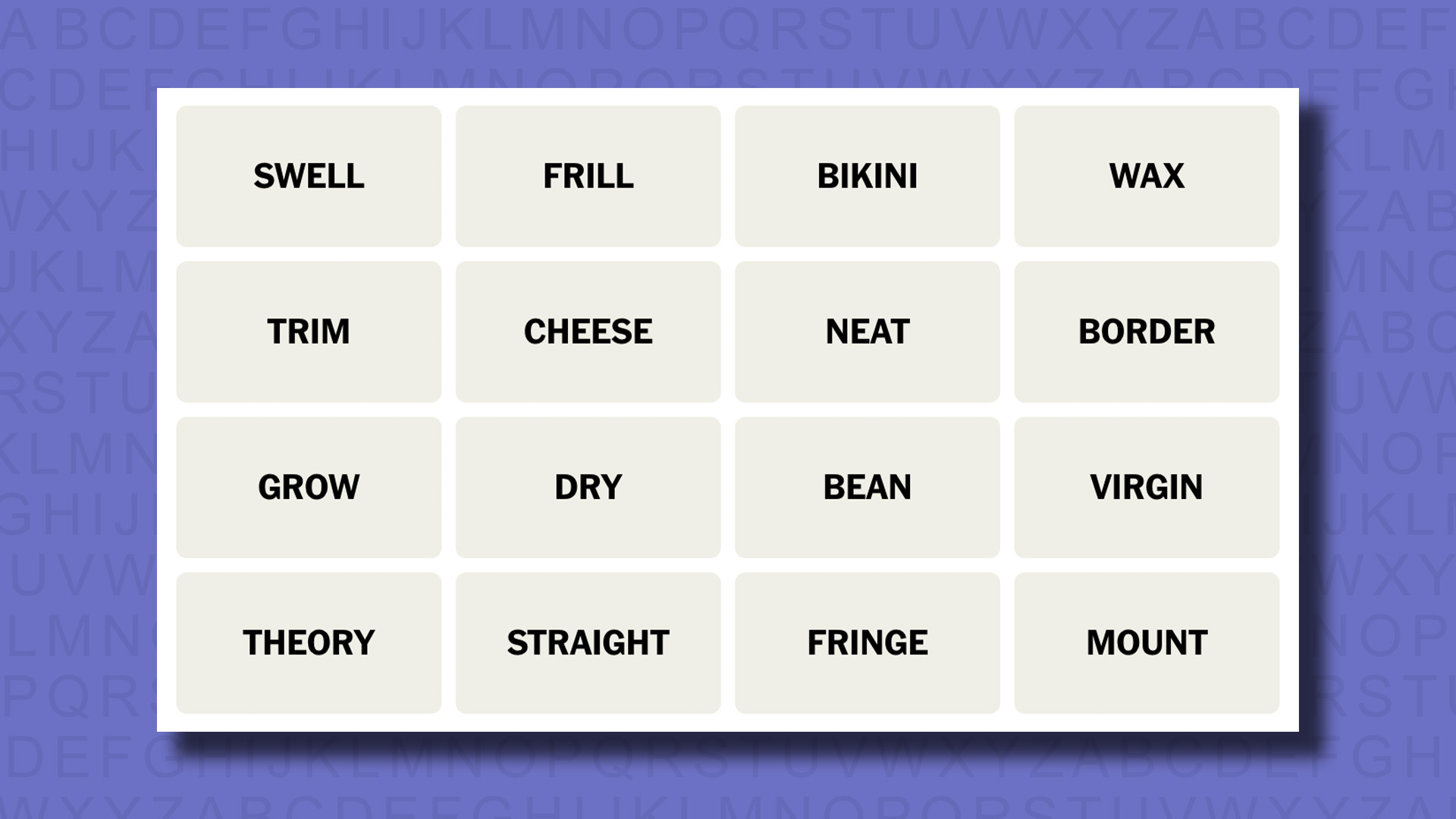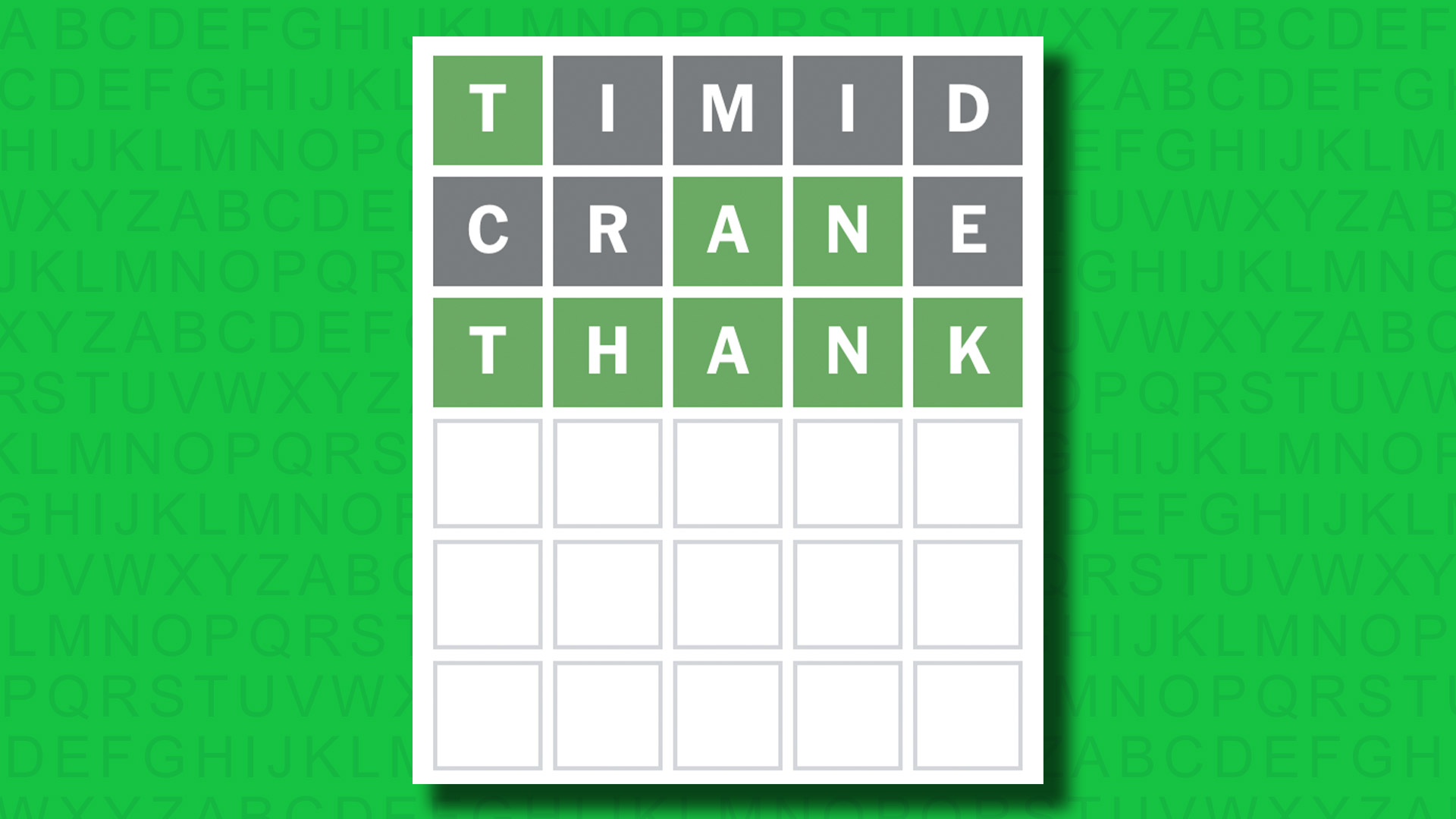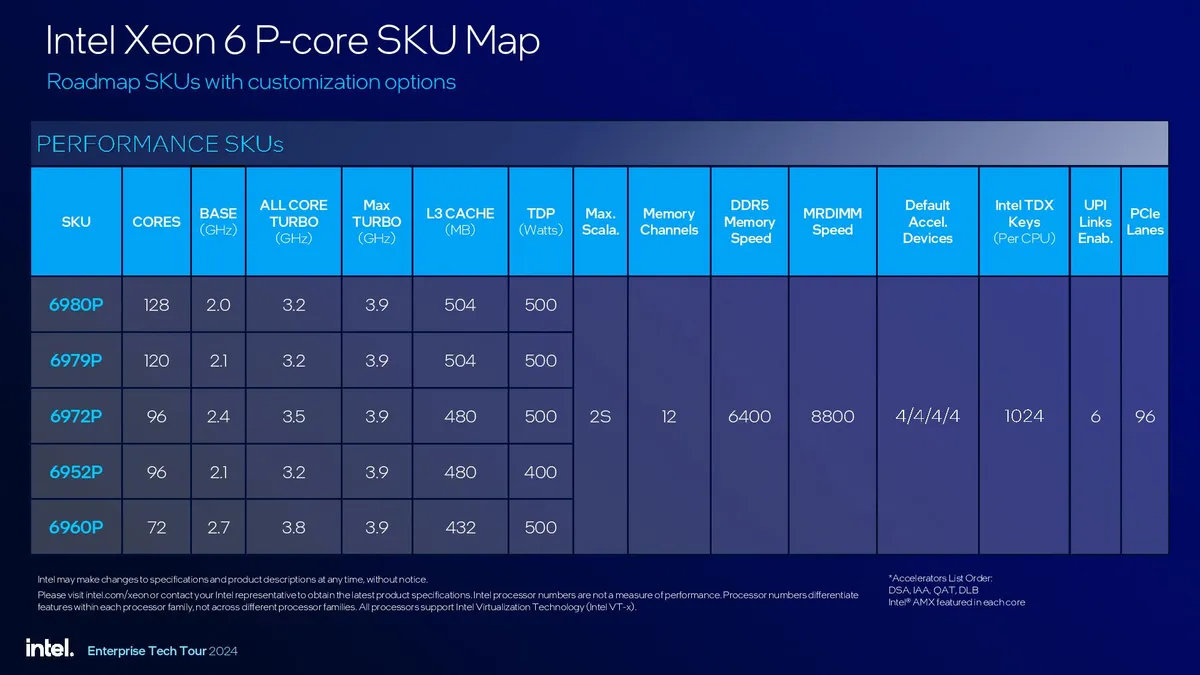Go Here to Read this Fast! Meta Quest 3’s Home Sports is a mixed reality take on Wii Sports
Originally appeared here:
Meta Quest 3’s Home Sports is a mixed reality take on Wii Sports
Go Here to Read this Fast! Meta Quest 3’s Home Sports is a mixed reality take on Wii Sports
Originally appeared here:
Meta Quest 3’s Home Sports is a mixed reality take on Wii Sports
The Federal Trade Commission is taking action against DoNotPay, alleging that the AI-powered company billing itself as “the world’s first robot lawyer” failed to back its claims that it could replace human legal representation. The agency’s complaint argues that DoNotPay did not conduct tests to assess whether its AI chatbot was equivalent to a human lawyer, and that the company did not hire or retain any attorneys of its own. DoNotPay has agreed to a proposed settlement that would see it face fines of $193,000. In addition, the settlement will require DoNotPay to inform customers who subscribed to its service between 2021 and 2023 about the limitations of its offerings.
This proposed settlement is part of an FTC program called Operation AI Comply, which is targeting businesses that leverage artificial intelligence to make deceptive claims. “Using AI tools to trick, mislead, or defraud people is illegal,” FTC Chair Lina M. Khan said. “The FTC’s enforcement actions make clear that there is no AI exemption from the laws on the books. By cracking down on unfair or deceptive practices in these markets, FTC is ensuring that honest businesses and innovators can get a fair shot and consumers are being protected.”
In addition to promising legal services, DoNotPay also claimed it could get accounts unbanned from social media platforms. The company postponed its first attempt to use its AI chatbot in a court setting in 2023 after multiple state bar associations intervened in the case.
This article originally appeared on Engadget at https://www.engadget.com/ai/donotpay-robot-lawyer-fined-193k-by-the-ftc-for-not-being-a-lawyer-223227153.html?src=rss
A major shakeup is in the works at OpenAI. Reuters reported that the artificial intelligence research company is restructuring its business from a non-profit board into a for-profit corporation. The publication also says Sam Altman would be given equity in the new corporation.
OpenAI’s move to for-profit wouldn’t eliminate its non-profit entity entirely. The non-profit would own a stake in the new for-profit venture but it won’t have nearly the power as it did. An OpenAI spokesperson gave a statement that’s identical to the one they gave to Fortune’s initial report about the restructuring. Couldn’t they at least have used OpenAI’s software to word a different statement?
“We remain focused on building AI that benefits everyone, and we’re working with our board to ensure that we’re best positioned to succeed in our mission. The non-profit is core to our mission and will continue to exist.”
The move to for-profit would also provide a big payday for chief executive officer Sam Altman. Reuters says he would receive equity in the company once the restructuring is complete. The for-profit company’s worth could go as high as $150 billion, according to some estimates. The for-profit model would also remove the cap on investors’ returns.
Altman has reportedly been trying to move OpenAI to a more traditional for-profit company for some time. It’s not known exactly when the switch will happen since details of the deal are still going through all of the legal motions.
This article originally appeared on Engadget at https://www.engadget.com/ai/new-report-details-openais-plan-to-switch-to-for-profit-mode-214354224.html?src=rss
Employees at an Apple Store in Oklahoma City’s Penn Square Mall have voted to ratify their first collectively-bargained contract. The store’s workers are part of the Communications Workers of America, operating as Apple Retail Union-CWA Local 6016. The employees’ three-year agreement with Apple includes the following, according to a press release from CWA:
“Wage increases of up to 11.5% over the next three years.”
“Worker involvement in scheduling and guaranteed paid time off to vote.”
“A safer and more democratic workplace with a grievance and arbitration process and the establishment of joint Safety and Health and Working Relations committees.”
“Job protection in the event of a store closure or relocation and severance pay.”
“Guaranteed paid time off, health and other benefits.”
It’s worth pointing out that though the CWA press release says the wage increases are “of up to 11.5 percent over the next three years,” Apple has said that this number is actually an average 10 percent increase over three years instead.
An Apple spokesperson said “At Apple, we work hard to provide an excellent experience for our team members and our customers. We have always paid our retail teams in the top tier of the market and we provide exceptional benefits for all full- and part-time employees. Throughout this process, we have bargained in good faith and this agreement allows Penn Square team members to enjoy similar performance-based wage increases this year as last year, along with the same medical and time away benefits our U.S. retail employees currently receive.”
Apple also shared more details around compensation and wages like how the tentative agreement provides an average 10 percent increase over 3 years. Penn Square Mall employees will also be able to participate in the scheduling options that were provided to all other US stores in 2022, and held to the same availability guidelines as the rest of the fleet with no exceptions. PSQ members will receive the same medical and time off benefits as all US team members, and subject to the same documented coaching, discipline and misconduct practices that apply across all of Apple’s US stores.
Apple’s spokesperson also said the agreement includes the creation of a safety committee at the PSQ location, like the one at all its other stores. A working relations committee, made up of two representatives from the union and two from the company, will meet twice a year.
Today’s news caps off years of preparation to unionize and secure a contract for the Penn Square Mall Apple Store, which began organizing in early 2022. The parties reached a tentative agreement in early September after a unanimous strike authorization vote in August and a store picket.
The Oklahoma City employees are the second group of Apple retail workers to reach a contract through their union. An Apple Store in Maryland was the first of the tech company’s retail stores to unionize, joining the International Association of Machinists and Aerospace Workers in June 2022.
Update, September 25 2024, 4:55PM ET: This story has been updated to include Apple’s statement as well as details the company’s spokesperson shared. We also clarified that there’s a discrepancy between what the CWA press release says is the percentage for wage increase over the next three years and what Apple says it is.
This article originally appeared on Engadget at https://www.engadget.com/big-tech/apple-store-employees-in-oklahoma-city-ratify-their-first-union-contract-190218680.html?src=rss
Go Here to Read this Fast! Apple Store employees in Oklahoma City ratify their first union contract
Originally appeared here:
Apple Store employees in Oklahoma City ratify their first union contract
Although Meta Connect 2024 lacked a marquee high-end product for the holiday season, it still included a new budget VR headset and a tease of the “magic glasses” Meta’s XR gurus have been talking about for the better part of a decade. In addition, the company keeps plowing forward with new AI tools for its Ray-Ban glasses and social platforms. Here’s everything the company announced at Meta Connect 2024.
Today’s best mixed reality gear — like Apple’s Vision Pro and the Meta Quest 3 — are headsets with passthrough video capabilities. But the tech industry eventually wants to squeeze that tech into something resembling a pair of prescription glasses. We’ll let you judge whether the Orion AR glasses pictured above pass that test, but they’re certainly closer than other full-fledged AR devices we’ve seen.
First, the bad news. These puppies won’t be available this year and don’t have an official release date. A leaked roadmap from last year suggested they’d arrive in 2027. However, Meta said on Wednesday that Orion would launch “in the near future,” so take what you will from that. For its part, Meta says the full-fledged product prototype is “truly representative of something that could ship to consumers” rather than a research device that’s decades away from shipping.
The glasses include tiny projectors to display holograms onto the lenses. Meta describes them as having a large field of view and immersive capabilities. Sensors can track voice, eye gaze, hand tracking and electromyography (EMG) wristband input.
The glasses combine that sensory input with AI capabilities. Meta gave the example of looking in a refrigerator and asking the onboard AI to spit out a recipe based on your ingredients. It will also support video calls, the ability to send messages on Meta’s platforms and spatial versions of Spotify, YouTube and Pinterest apps.
This year’s new VR headset focuses on the entry-level rather than early adopters wanting the latest cutting-edge tech. The Meta Quest 3S is a $300 baby sibling to last year’s Quest 3, shaving money off the higher-end model’s entry fee in exchange for cheaper lenses, a resolution dip and skimpier storage.
The headset includes Fresnel lenses, which are familiar to Quest 2 owners, instead of the higher-end pancake ones in Quest 3. It has a 1,832 x 1,920 resolution (20 pixels per degree), a drop from the 2,064 x 2,208 (25 PPD) in the Quest 3. Meta says the budget model’s field of view is also slightly lower.
The Quest 3S starts with a mere 128GB of storage, which could fill up quickly after installing a few of the platform’s biggest games. But if you’re willing to shell out $400, you can bump that up to a more respectable 256GB. (Alongside the announcement, Meta also dropped the 512GB Quest 3 price to $500 from $650.)
The headset may outlast the Quest 3 in one respect: battery life. Meta estimates the Quest 3S will last 2.5 hours, while the Quest 3 is rated for 2.2 hours.
Those ordering the headset will get a special Bat-bonus. Quest 3S (and Quest 3) orders between now and April 2025 will receive a free copy of Batman: Arkham Shadow, the VR action game coming next month.
The Quest 3S is now available for pre-order. It begins shipping on October 15.
To celebrate the arrival of the Meta Quest 3S, Meta is kicking two older models to the curb. The Quest 2 and Quest Pro will be discontinued by the end of the year. The company says sales will continue until inventory runs out or the end of the year, whichever comes first.
The company now views the Quest 3S, with its much better mixed reality capabilities, as the new budget model, so the $200 Quest 2 no longer has a place. The Quest Pro, which never gained much traction with consumers, has inferior cameras and passthrough video than the two Quest 3-tier models. The Pro launched two years ago as a Metaverse-centric device — back when the industry was pounding that word as hard as it’s pushing “AI” now. The headset launched at a whopping $1,500 and was later reduced to $1,000.
Although the hardware stays the same, Meta is adding new AI features to its tech-filled sunglasses. The Ray-Ban Meta smart glasses will get an updated AI assistant.
The assistant will now let you set reminders based on objects you see. For example, you could say, “Hey Meta, remind me to buy that book next Monday” to set an alert for something you see in the library. The glasses can also scan QR codes and dial phone numbers from text it recognizes.
Meta’s assistant should also respond to more natural commands. You’ll need to worry less about remembering formal prompts to trigger it (“Hey Meta, look and tell me”). It will let you use more casual phrasing like “What am I looking at?” The AI can also handle complex follow-up questions for more fluid chats with the robot friend living in your sunglasses.
According to Meta, the glasses’ live translation is also getting better. While last year’s version struggled with longer text, the company says the software will now translate larger chunks more effectively. Live translations will arrive in English, French, Italian and Spanish by the end of 2024.
The company said Met AI now supports voice chats. Although this capability existed before, it was limited to the Ray-Ban glasses.
Meta also partnered with celebrities to help draw customers into its chatbots. That’s right, folks: You can now hear Meta’s chatbot responses in the dulcet tones of the one and only John Cena! Other celebrity voices include Dame Judi Dench, Awkwafina, Keegan Michael Key and Kristen Bell.
Meta’s AI can now edit photos with text prompts, performing tasks like adding or removing objects or changing details like backgrounds or clothes. AI photo editing will be available on Meta’s social apps, including Instagram, Messenger, and WhatsApp.
Meanwhile, Meta’s Llama 3.2 AI model introduces vision capabilities. It can analyze and describe images, competing with similar features in ChatGPT and Anthropic’s Claude.
Catch up on all the news from Meta Connect 2024!
This article originally appeared on Engadget at https://www.engadget.com/ar-vr/everything-announced-at-meta-connect-2024-202733568.html?src=rss
Originally appeared here:
Everything Announced at Meta Connect 2024: Quest 3S, Orion AR glasses and Meta AI updates


Originally appeared here:
NYT Strands today — hints, answers and spangram for Thursday, September 26 (game #207)


Originally appeared here:
NYT Connections today — hints and answers for Thursday, September 26 (game #473)


Originally appeared here:
NYT Wordle today — answer and hints for game #1195, Thursday, September 26
Originally appeared here:
Someone built a system with Intel’s first CPU that’s half a century old, and it can boot Linux – if you have a spare week to wait


Originally appeared here:
Intel debuts super-fast AI chips – looking to match AMD in the race for AI chip supremacy